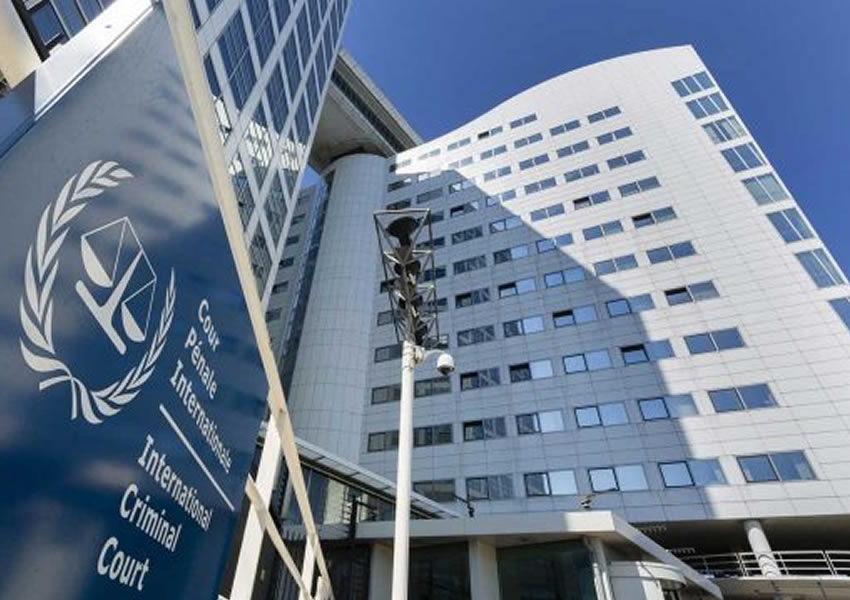The Hague Tribunal, also known as the International Criminal Tribunal for the former Yugoslavia (ICTY), is a United Nations-affiliated international court established in 1993 to prosecute serious crimes committed during the conflicts in the Balkans in the 1990s. The Hague Tribunal operates under the principle of complementarity, meaning that it only takes cases where the relevant national jurisdiction is unwilling or unable to do so.
The Hague Tribunal has prosecuted some of the most notorious figures from the Balkans conflict, including former Serbian President Slobodan Milošević, Bosnian Serb military leader Ratko Mladić, and Croatian General Ante Gotovina.
The following are some of the most significant cases handled by the Hague Tribunal:
The Trial of Slobodan Milošević: The former Serbian President was charged with 66 counts of war crimes, crimes against humanity, and genocide in connection with the conflicts in Bosnia and Herzegovina and Kosovo. The trial, which lasted from 2002 until Milošević’s death in 2006, was the first time a former head of state was tried for war crimes before an international tribunal.
The Trial of Ratko Mladić: The former Bosnian Serb military leader was charged with 11 counts of war crimes, crimes against humanity, and genocide, including the massacre of over 8,000 Bosnian Muslim men and boys in Srebrenica in 1995. Mladić was found guilty and sentenced to life in prison in 2017.
The Trial of Ante Gotovina: The former Croatian General was charged with war crimes and crimes against humanity for his role in a military operation that led to the forced expulsion of Serb civilians from the Krajina region of Croatia in 1995. Gotovina was initially convicted and sentenced to 24 years in prison, but his conviction was later overturned on appeal and he was acquitted in 2012.
These trials, along with many others conducted by the Hague Tribunal, have been instrumental in bringing to light the extent of the atrocities committed during the Balkan conflicts and in holding those responsible accountable for their actions.
The legacy of the Hague Tribunal continues to be felt today, as it has set a precedent for international criminal justice and helped to establish the principle that no one, regardless of their position or power, is above the law.
The Trial of Slobodan Milošević: A Milestone in International Criminal Justice
The Trial of Slobodan Milošević was one of the most significant cases in the history of the International Criminal Tribunal for the former Yugoslavia (ICTY). The former Serbian President was charged with 66 counts of war crimes, crimes against humanity, and genocide in connection with the conflicts in Bosnia and Herzegovina and Kosovo. The trial, which lasted from 2002 until Milošević’s death in 2006, was the first time a former head of state was tried for war crimes before an international tribunal.
Milošević was accused of orchestrating a campaign of ethnic cleansing aimed at driving out non-Serbs from large parts of Bosnia and Herzegovina and Kosovo. The prosecution presented evidence of mass killings, rape, and forced deportations of non-Serb civilians. Milošević was also accused of implementing a widespread campaign of terror and violence to maintain his grip on power in Serbia and of supporting the Bosnian Serb army in its pursuit of territorial gains and the extermination of Bosnian Muslims.
The trial was widely seen as a test of the international community’s commitment to holding leaders accountable for serious crimes, and it attracted widespread media attention. Despite the high-profile nature of the case and the significance of the charges, the trial was marked by a number of difficulties, including the unavailability of key witnesses, the slow pace of proceedings, and the death of Milošević before a verdict could be reached.
Despite these challenges, the Trial of Slobodan Milošević remains a landmark case in the history of international criminal justice. It demonstrated the principle that no one, regardless of their position or power, is above the law and that those who commit serious crimes will be held accountable for their actions. The legacy of the trial continues to be felt today, as it has set a precedent for international tribunals and reinforced the importance of holding those responsible for war crimes and crimes against humanity to account.
In conclusion, the Trial of Slobodan Milošević was a significant event in the history of the International Criminal Tribunal for the former Yugoslavia and a landmark case in the history of international criminal justice. It marked the first time a former head of state was tried for war crimes before an international tribunal and set a powerful precedent for holding those responsible for serious crimes accountable for their actions.






